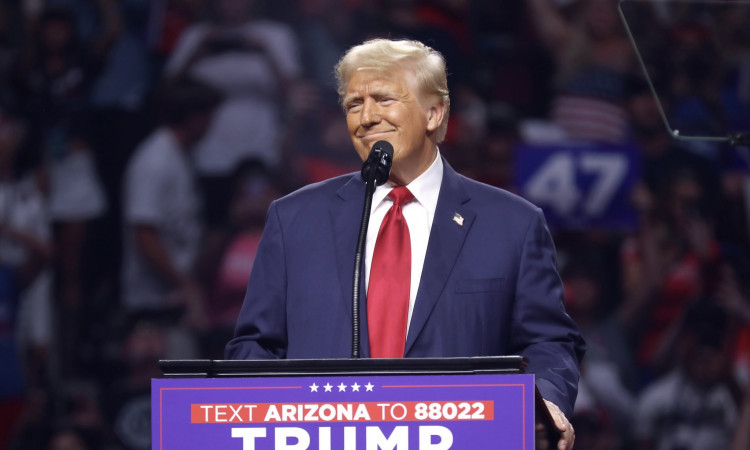A federal judge in Maryland has blocked a Trump administration directive allowing immigration authorities to carry out enforcement operations inside houses of worship, ruling that the policy likely violates religious freedom protections. The preliminary injunction, issued by U.S. District Judge Theodore Chuang, applies specifically to plaintiffs in the case, including Quaker congregations, a Sikh temple in California, and a Georgia-based network of Baptist churches.
Judge Chuang's ruling comes in response to a lawsuit filed in late January, after the Trump administration revoked a previous Department of Homeland Security (DHS) policy that limited immigration enforcement actions in "sensitive locations," such as places of worship, schools, and hospitals. The new directive allowed agents to make arrests inside religious institutions without prior supervisory approval.
"Immigration enforcement actions at plaintiffs' places of worship pursuant to the 2025 policy would impose substantial pressure on plaintiffs to modify their behavior by preventing them from worshipping with a larger and more diverse group of congregants and thereby inhibiting their exercise of central facets of their respective religions," Chuang wrote in his 59-page decision.
The case was brought forward by multiple religious organizations, including Quaker congregations in Maryland, Massachusetts, Pennsylvania, and Virginia. Lawyers representing the groups argued that the new policy was already deterring members-both documented and undocumented immigrants-from attending religious services, fearing that they could be arrested or mistakenly targeted.
"It's a fear that people are experiencing across the country," attorney Bradley Girard told the court during a February hearing. "People are not showing up, and the plaintiffs are suffering as a result."
The lawsuit contended that the Trump administration's new directive violated the First Amendment and the Religious Freedom Restoration Act. Judge Chuang agreed, finding that the plaintiffs' religious exercise had been significantly burdened by the policy. He also cited concerns that the policy would effectively compel religious groups to alter their worship practices.
In response, Justice Department attorney Kristina Wolfe argued that the plaintiffs had no evidence proving that their religious organizations were being targeted. "Plaintiffs have provided no evidence indicating that any of their religious organizations have been targeted," Wolfe stated in court. The administration has maintained that immigration enforcement has long been permitted in sensitive locations, but the primary change in policy was the removal of a requirement for supervisory approval.
The ruling does not extend nationwide and only applies to the religious groups named in the lawsuit. However, a broader challenge against the policy has been filed in Washington, D.C., involving over two dozen Christian and Jewish organizations representing millions of worshippers.
Judge Chuang ordered the Trump administration to reinstate a 2021 DHS memorandum issued under President Biden, which had barred immigration enforcement at sensitive locations, including houses of worship, except in extreme circumstances. That policy stated that immigration agents should not conduct arrests at places of worship "to the fullest extent possible."
The Trump administration, however, has argued that the 2021 policy created "sanctuary spaces" for undocumented immigrants, allowing criminals to avoid law enforcement. DHS Secretary Kristi Noem defended the new policy, stating in a press release that "criminals will no longer be able to hide in America's schools and churches to avoid arrest. The Trump administration will not tie the hands of our brave law enforcement, and instead trusts them to use common sense."
Democracy Forward, the legal group representing the plaintiffs, celebrated the ruling, calling it a crucial victory for religious freedom. "For decades, the government has recognized that everyone-no matter their immigration status-should be able to attend houses of worship without fear of a warrantless government raid," said Skye Perryman, the organization's president and CEO. "Religious institutions should not have to go to court to fight for the right to worship and associate freely."






